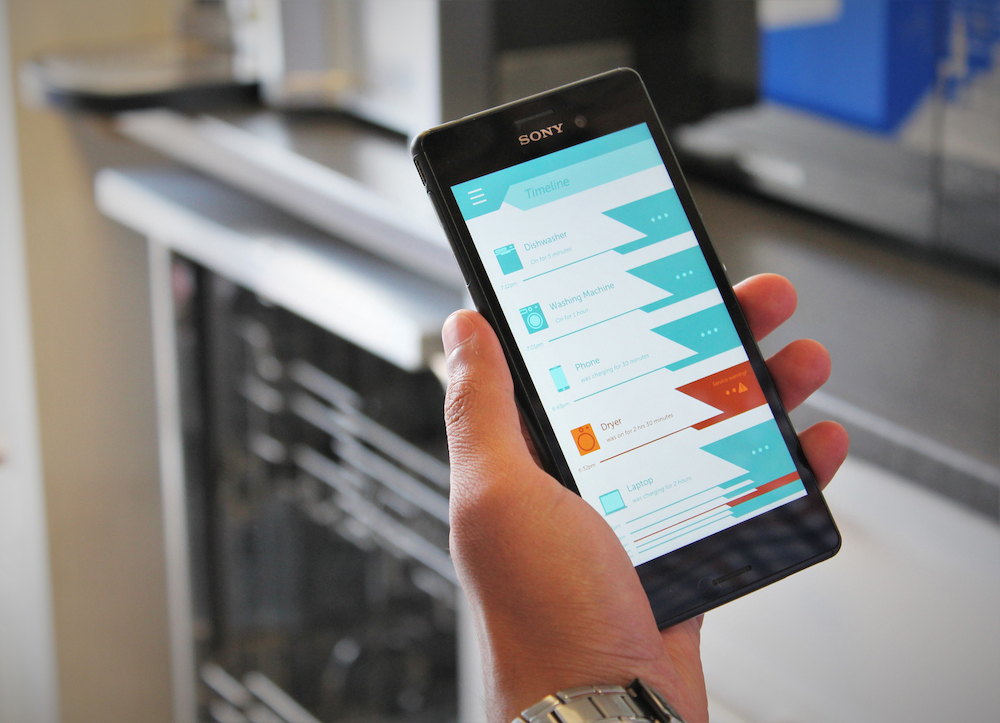A recent report by 2020health, commissioned by Smart Energy GB, has provided a potential new business case for smart meters – that of health monitors.
According to the report, Smart Future of Health Care “smart meter energy usage data could help care for vulnerable and elderly people, making it easier for them to live in their own homes for longer.”
Related content:
Read other insights from our editor
New report highlights potential savings for smart UK customers
Britain installs first-ever polyphase SMETS2 smart meter
The basic premise of the report is that smart meters have benefits aside from those of monitoring energy usage and encouraging efficient energy use – but that it could assist medical professionals and families keep an eye on the elderly. It is said that irregular usage patterns could help identify a number of potential problems such as Alzheimer’s or dementia.
There is a belief too that that the technology could be used to identify those either at risk of, or already living in, energy poverty – thus allowing authorities to provide support where it is needed.
One question which springs to mind after having read the report and press release is that despite the fact that this is a wonderful, potentially life-saving benefit – it is likely to face many, many challenges. Especially as it feeds directly into the fears which utilities have been working so hard to put at ease – namely that they are not going to be ‘spying’ on their clients.
I realise the in terms of health monitoring, it may be easier to manage the ‘necessary permissions’ conversation, but I also know a few particularly stubborn elderly people who would take it as a significant insult to their faculties if this kind of monitoring was proposed. Similarly – how do you monitor for energy poverty?
The researchers are not blind to the challenges, saying in the report: “Acceptance issues related to population screening is another matter entirely. Remote screening via a ubiquitous technology never intended for such purposes would be wholly unchartered territory.” Unchartered, I think is perhaps an understatement.
However, currently being of an age where the insights from such technology could provide reassurance of the health and continued wellbeing of family members, I support the idea. However, when I am the one who is being monitored (regardless of the intention), I’m not sure how I would feel about it.
What do you think? Do you think you would be happy to have the technology or insight available to monitor how family members are getting on? Would you be insulted if you were the one being monitored?
What potential challenges could you see this opening up for authorities, utilities and consumers? On a more positive note – what additional benefits could this kind of insight bring?
I can think of an example. I interviewed a local district heating authority a few years back and one of the stories that they shared was about how – by being aware of and monitoring the purchase patterns of their consumers – they were able to identify that a particular consumer’s purchasing pattern was out of the norm. When attempts to get the householder in question on the phone failed, a welfare check was requested…
The person in question had fallen and hurt themselves and had been lying on the floor, unable to get up or get to the phone for a few days – that insight into behavioural patterns likely saved a life… Thoughts?
As always, we’d love to hear what you think. Contact us at [email protected] or visit our LinkedIn post to leave a comment.
Wishing you an healthy week!
Until next time
Claire
PS: Did you know that today the virtual African Utility Week and POWERGEN Africa kicks off with a keynote interview with Eskom CEO Andre de Ruyter and a panel discussion featuring industry luminaries such as Lisa Pinsley, Head of Africa, Energy Infrastructure, Actis; Dr Clinton Carter Brown, Energy Centre Head, Council for Scientific and Industrial Research (CSIR); Simon Hodson, CEO, GridWorks Partners and Eng Abel Didier Tella, Director General, Association of Power Utilities of Africa (APUA). Be sure to join us by registering for the Digital Energy Festival!


![2_42 Technology_analysis via smartphone app[4] copy](https://papersourceuniversity.com/wp-content/uploads/2021/01/2_42-Technology_analysis-via-smartphone-app4-copy-640x463.jpg)
